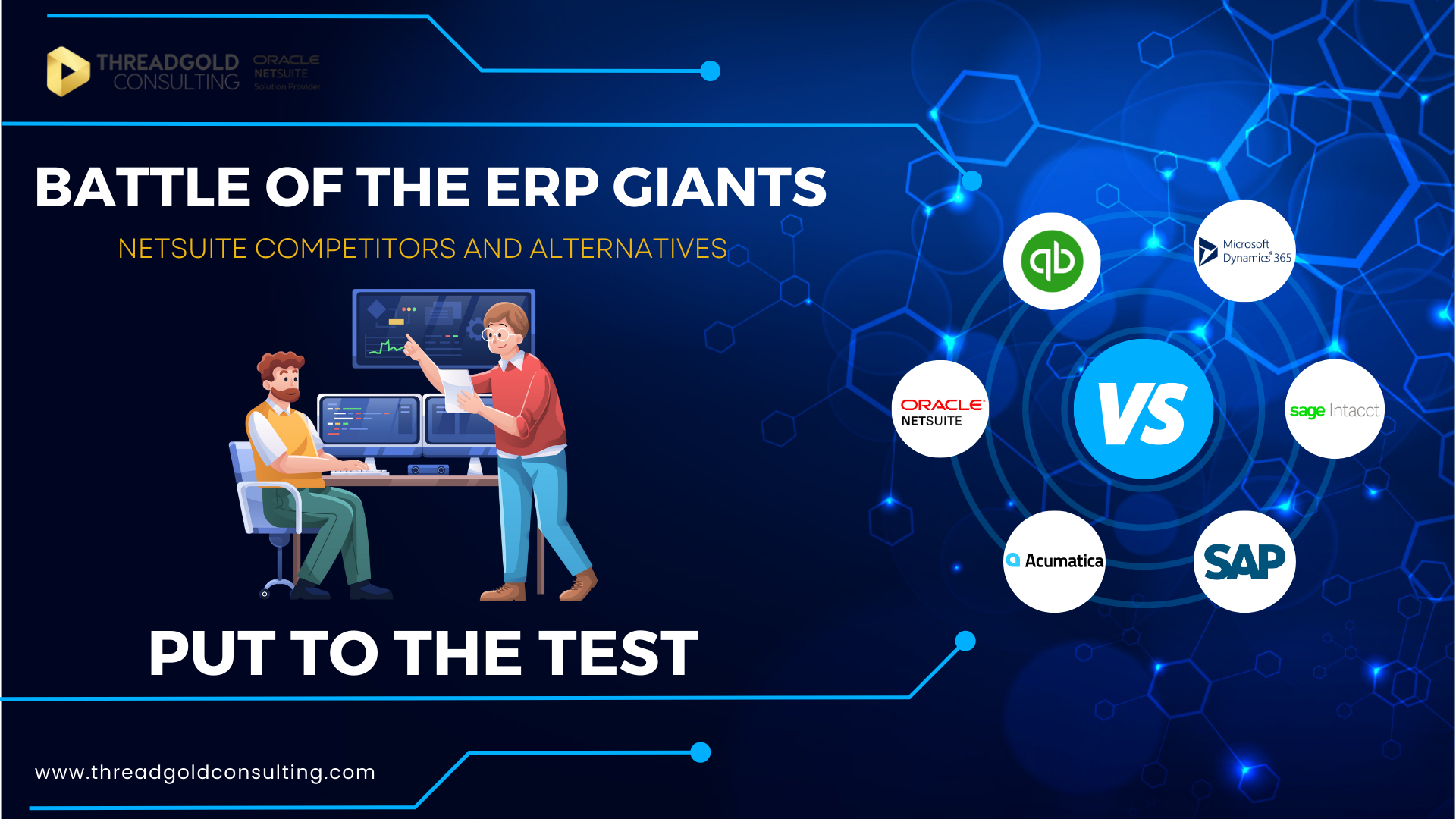If you’re using Linnworks to manage your inventory and orders, you probably know how it helps streamline multi-channel selling. But for many businesses, it might not be the perfect fit. Whether you’re after something more affordable, easier to use, or packed with features Linnworks doesn’t offer, there are plenty of alternatives worth exploring. This guide breaks down eight options to suit different budgets and business sizes, so you can find the right tool for your needs.
What is Linnworks, and Why Might You Need an Alternative?
Linnworks is a popular inventory and order management software for businesses selling on multiple channels like Amazon, eBay, and Shopify. It integrates with all of your current marketplaces, keeping everything synchronised to prevent stock discrepancies and streamline order processing. The system consolidates all orders into one dashboard, automates updates, and offers tools like bulk shipping label generation and analytics to track performance. Linnworks is ideal for businesses selling on multiple platforms, providing a centralised solution to simplify operations and improve efficiency.
Supported integrations include popular platforms like:
- Marketplaces: Amazon, eBay, Walmart, Etsy, etc.
- E-commerce Platforms: Shopify, WooCommerce, BigCommerce, Magento, etc.
- Shipping Carriers: Royal Mail, DHL, UPS, FedEx, and others
However, Linnworks can feel expensive or limited for some users. Its setup can be challenging, and growing businesses often find they need software with more flexibility, integrations, or advanced features.
What to Look for in a Linnworks Alternative
Before diving into the list, here’s what you should consider:
- Pricing: Does it fit your budget?
- Features: Does it cover inventory, orders, and integrations?
- Growth Potential: Can it scale with your business?
- Ease of Use: Will your team find it simple to work with?
- Integrations: Does it connect with your sales channels and shipping partners?
- Support: Is help available when you need it?
All of the above factors should be considered before making a decision. It's good practise to talk to a few different software providers and gauge which one can suit your needs in the best way.
Linnworks Alternatives
1. Oracle NetSuite

Best for: Large businesses needing a complete solution
NetSuite is more than inventory management, it’s a full business management system for enterprises. With tools for inventory, finance, and customer data all in one place, it’s built for companies managing complex operations. Its demand planning and real-time analytics give businesses the ability to make timely decisions based on accurate data. It's easy to use and is fully scalable, thanks to it's advanced financial consolidation module, NetSuite OneWorld. This means you can easily expand into new countries without the headache of re-implementations. If you’re looking for something customisable and scalable, NetSuite is hard to beat.
Key Features:
- Manage inventory, financials, and sales in one system.
- Demand planning to prevent stock issues.
- Detailed analytics to guide decisions.
- Customisable to suit unique business needs.
As you can see below, you can manage your entire e-commerce business, all from the convenience of a single dashboard.

Pricing:
NetSuite can cost anywhere from $2000-$250,000 per month, depending on your requirements. Our blog post will give you an in depth look into how much NetSuite costs, from licensing, to implementation to support. Or you can check out our NetSuite pricing calculator for a quote that is personalised to your business needs!
Why Choose NetSuite:
- Is easily customisable so can handle complex operations with ease
- Is easily scalable and grows with your business thanks to it's modular design and advanced financial consolidation
- Integrates with all major e-commerce platforms and shipping tools.
2. Zoho Inventory

Best for: Small businesses on a tight budget
Zoho Inventory is simple, affordable, and surprisingly capable for its price. It’s perfect for businesses that already use Zoho’s other tools, like Zoho CRM or Zoho Books. With automation features for tasks like order tracking and shipping updates, it saves time for busy teams. A free plan and affordable upgrades make it a great choice for start-ups and smaller companies.
Key Features:
- Tracks inventory across multiple channels.
- Barcode scanning and shipping integrations.
- Links with over 40 shipping carriers.
- Streamlines repetitive tasks with automation.
Pricing:
Free and affordable paid plans.
Why Choose Zoho Inventory:
- Budget-friendly without sacrificing features.
- Easy to use with clear reporting tools.
- Connects with other Zoho apps.
3. Veeqo

Best for: E-commerce sellers focused on shipping
Veeqo, created by Amazon, is a powerful tool designed for e-commerce businesses looking to streamline shipping and inventory management. It offers free access to features like real-time stock synchronisation, multi-channel order management, and bulk shipping label creation. With seamless integrations to Amazon, eBay, Shopify, and over 20 shipping carriers, it ensures smooth operations for sellers. Its user-friendly interface and zero cost make it an attractive option for businesses of all sizes.
Key Features:
- Real-time inventory updates to prevent overselling.
- Free shipping automation for 20+ carriers.
- Detailed sales reporting to track performance.
- Bulk shipping label creation to save time.
Pricing:
Free, with a paid version coming soon.
Why Choose Veeqo:
- Completely free to use.
- Ideal for sellers operating on Amazon and other platforms.
- Simplifies shipping and keeps inventory in sync.
4. Cin7 Omni

Best for: Larger businesses with complex needs
Cin7 Omni combines inventory, POS, and warehouse management in a single system. It’s ideal for businesses with multiple locations or a mix of online and in-store sales. Real-time tracking ensures you always know where your stock is, and automation reduces time spent on manual tasks. Cin7 Omni offers powerful tools for managing larger, more complex operations.
Key Features:
- Tracks inventory across warehouses and stores.
- Integrates with POS systems for seamless sales.
- Reduces errors with automated processes.
- Supports multi-location businesses.
Pricing:
Subscriptions start at $349 per month.
Why Choose Cin7 Omni:
- Perfect for businesses juggling multiple locations.
- Offers advanced features for big operations.
- Links inventory and sales effortlessly.
5. Brightpearl

Best for: Retailers managing high order volumes
Brightpearl is an all-in-one platform designed to help retailers stay on top of orders, inventory, and finances. It’s built for efficiency, with automation to handle repetitive tasks like order processing. The system provides clear, real-time data on your business, so you can make informed decisions. Whether you sell online, in-store, or both, Brightpearl keeps everything running smoothly.
Key Features:
- Tracks stock levels and financial data in real time.
- Automates order and fulfilment processes.
- Provides insights into customer behaviour.
- Connects online and offline sales channels.
Pricing:
Premium; contact for quotes.
Why Choose Brightpearl:
- Great for retailers with heavy order volumes.
- Combines multiple tools into one platform.
- Offers excellent data visibility.
6. Rithum

Best for: Businesses expanding across multiple marketplaces
Rithum (formerly ChannelAdvisor) is a platform built to help businesses grow their presence on marketplaces like Amazon, eBay, and Walmart. It simplifies the complexities of multi-channel selling by automating product listings, advertising campaigns, and inventory updates. The system’s analytics tools provide actionable insights, allowing sellers to refine strategies and optimise performance. With Rithum, businesses can efficiently scale their operations while maintaining control over their sales channels.
Key Features:
- Automates product listings and updates across marketplaces.
- Offers marketing tools to improve product visibility and advertising ROI.
- Provides detailed analytics to track performance and refine strategies.
- Streamlines order fulfilment and returns management.
Pricing:
Mid to high range; based on usage and business size.
Why Choose Rithum:
- Ideal for businesses looking to scale their multi-channel sales.
- Supports a wide range of marketplaces and retail platforms.
- Provides end-to-end needs including marketing, order management and fulfilment
7. Selro

Best for: Small businesses needing a simple solution
Selro is a straightforward, budget-friendly platform for smaller businesses. It keeps inventory in sync across channels and automates fulfilment with shipping integrations. Selro’s focus on simplicity makes it easy to set up and use, even for those without technical expertise. It’s a practical choice for businesses that need core features without unnecessary extras.
Key Features:
- Syncs inventory and orders across platforms.
- Automates shipping with built-in integrations.
- Offers custom workflows for specific tasks.
- Provides a clear, user-friendly dashboard.
Pricing:
Affordable monthly plans starting at £79 per month.
Why Choose Selro:
- Ideal for small businesses on a budget.
- Simple to use and quick to set up.
- Focuses on essential features.
8. Webgility

Best for: Retailers connecting e-commerce and accounting
Webgility bridges the gap between e-commerce platforms and accounting software. It reduces manual work by syncing data with QuickBooks or Xero, ensuring accurate financial records. The platform also helps track inventory and sales performance, giving retailers better control over their operations. Webgility’s focus on accuracy and organisation makes it a top choice for businesses managing both inventory and finances.
Key Features:
- Connects e-commerce sites with accounting software.
- Automates inventory updates and order processing.
- Tracks sales and financial performance.
- Reduces manual data entry errors.
Pricing:
Mid-range, starting at $49 per month for 1 sales channel.
Why Choose Webgility:
- Perfect for retailers balancing sales and accounting.
- Keeps financial records accurate.
- Simplifies operations with automation.
To make it easier for you to make a decision, here's a comparison table of all the aforementioned products:
| Software | Pricing | Key Features | Best For |
|---|---|---|---|
| NetSuite | Premium | ERP, demand planning, analytics | Large businesses |
| Zoho Inventory | Affordable | Multi-channel sync, barcode tools | Small to medium businesses |
| Veeqo | Mid-range | Shipping tools, real-time updates | E-commerce businesses |
| Cin7 Omni | Premium | POS integration, multi-location support | Medium to large businesses |
| Brightpearl | Premium | Stock, finance, and order automation | High-volume retailers |
| ChannelAdvisor | Mid to high | Marketplace growth, ad tools | Expanding businesses |
| Selro | Affordable | Simple inventory and shipping tools | Small businesses |
| Webgility | Mid-range | E-commerce and accounting integrations | Retailers |
Final Thoughts
Finding the right alternative to Linnworks depends on your needs and budget. From affordable solutions like Zoho Inventory to enterprise-level systems like NetSuite, there’s something for every business. Think about what features matter most to you, and choose a tool that will support your goals as you grow. If you need more help, get in touch to explore these options further!



.webp)


